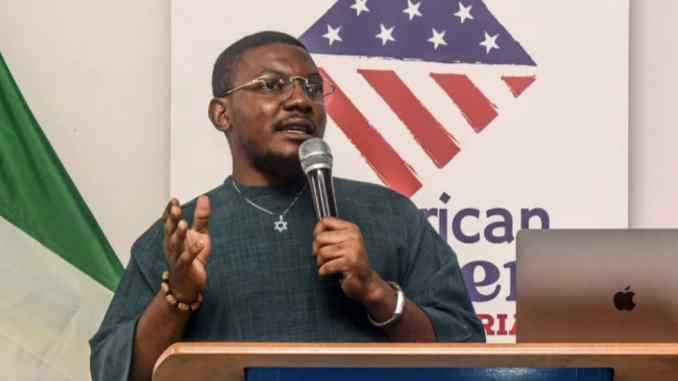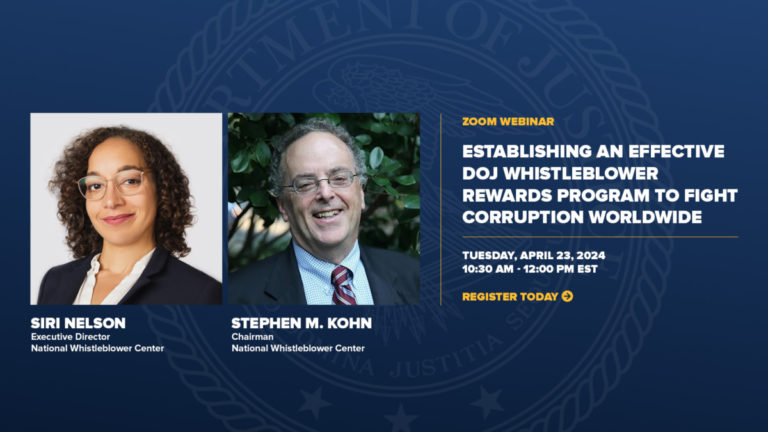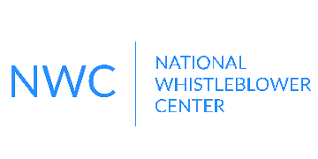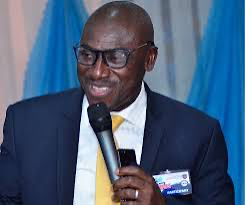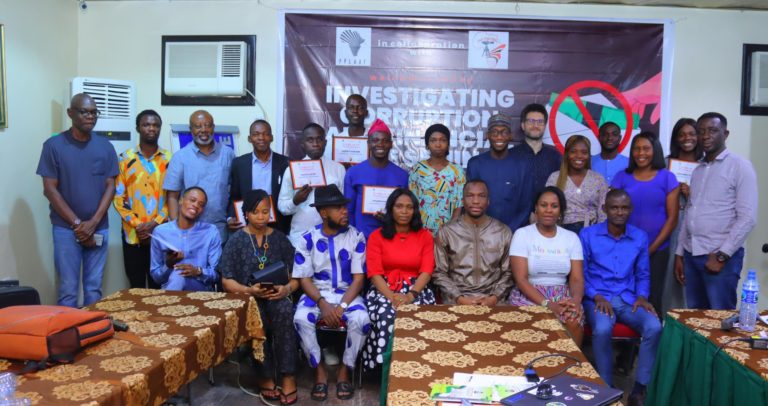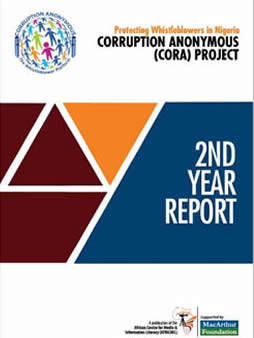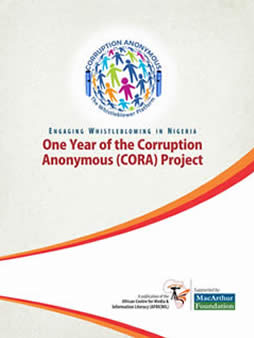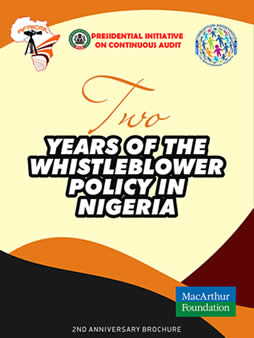By Doyin Ojosipe
Anti-corruption Civil Society Organisations have expressed dissatisfaction over what they termed as the ‘two faced-ness’ of the Federal Government in the anti-graft war.
They noted that the declaration of the federal government in fighting corruption has not been met with genuine clear-cut actions even though CSOs had done their best in ensuring the resilience of Nigerians against corruption.
In his keynote address at the 26th Anti-Corruption Situation Room (ACSR) organised by HEDA Resource Centre in collaboration with Anti-Corruption CSOs, Thursday in Abuja, Human Right Lawyer, Femi Falana, SAN said while it was commendable that the government had declared the war against corruption, high profile corruption cases were withdrawn or ended by the Attorney General of the Federation who is also a chronic non-respecter of already existing laws.
He said State Government had also refused to buy-into the anti-graft war except for few who only wanted to send the EFCC and ICPC away from their states so as to take over anti-corruption cases.
Falana also pointed out that the All-Progressive Congress (APC) has failed to pass a single anticorruption bill despite dominating the National Assembly, adding that bills that were meant to bring about transparency and accountability were refused the executive assent because it will empower the public to make demands.
In the same vein, Olanrewaju Suraju, Chairman, HEDA Resource Centre said the actions of the Federal Government seemed to have tricked Nigerians into becoming whistle-blowers without genuine interest in the anti-corruption fight.
He said rather than commend and collaborate whistle-blowers in routing out corruption from the country, Government and political actors have for the most time turned the anti-corruption hunt on whistle-blowers by labelling them, framing and locking them up.
He also said that despite making progress in asset recovery, there has been so much back and forth with the Federal Government as it not only tried to frustrate efforts of anti-corruption CSOs but moves to counteract one positive act with double negatives, especially through its officials.
Representing Dr Chido Onumah, Coordinator of the African Centre for Media and Information Literacy (AFRICMIL), Snr Program Officer, Godwin Onyeacholem, recounted the ordeals of whistleblowers who had been punished, intimidated and taken to court.
He said, rather than respect the provisions of section 15:5 of the 1999 constitution as amended in addressing all forms of corrupt practices and abuse of power, Government and its officials has clearly demonstrated a lack of political will in tackling corruption.
Similarly, Deputy Country Director, Mac Arthur Foundation (MAF), Dayo Olaide who represented the Country Director, Kole Shetima said there has been some systematic attack on the administration of criminal justice act in such a way that the Judiciary which people believe was under attack had been a conniving ally in the systematic dismantling of the administration of criminal justice.
He added that it was shameful that the Attorney General of the Federation had denied the ACJA Monitoring Committee of resources it needs to function properly in ensuring compliance with the anti-corruption mandate.
On his part, the Representative of the United States Embassy, Mr Jason Currier said corruption was a problem faced by all societies around the world and knows no boundaries. He said it touches very important aspect of endeavour and causes severe harm to communities and democratic institutions.
He added that the United States with this understanding was doing all it could to also fight corruption. “Changing embedded cultures of corruption requires significant political will and achieving sustained progress can take decades”, he admitted.
In his address, Former Chairman, House Committee on Financial Crimes, Hon Kayode Oladele said, Government and other political actors had only tried to stifle the anti-corruption fight by shielding theirs while going after small thieves.
The meeting was graced by other Non-Governmental Organisations partners such as Centre for Journalism Innovation and Development (CJID), Media Right Agenda (MRA) and Anti-Corruption Agencies and was chaired by the Executive Secretary, PACAC, Prof Sadiq Radda.







